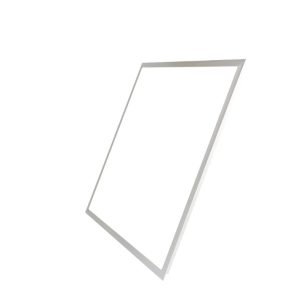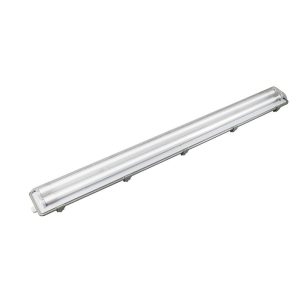8mm bi-color is a term that refers to a type of film that features dual-color imaging. This unique technology has been widely used in various industries, including entertainment, advertising, and photography. In this article, we will delve into the world of 8mm bi-color, exploring its history, applications, and the advantages it offers over other film formats.
Introduction to 8mm Bi-Color Film
8mm bi-color film, also known as 8mm color film, is a type of motion picture film that was developed in the 1960s. It was designed to provide a cost-effective alternative to 16mm and 35mm color film, while still offering a high-quality visual experience. The film is characterized by its unique dual-color imaging, which creates a distinctive look that is both nostalgic and modern.
History of 8mm Bi-Color Film
The history of 8mm bi-color film can be traced back to the early 1960s when the 8mm film format was introduced. Initially, the format was primarily used for amateur home movies, but it quickly gained popularity among professional filmmakers as well. The 8mm bi-color film was introduced in the late 1960s as a way to offer a more cost-effective alternative to traditional color film formats.
One of the key factors that contributed to the success of 8mm bi-color film was the development of new color processing techniques. These techniques allowed for the production of high-quality color images that were both vibrant and authentic. The unique dual-color imaging of the film also set it apart from other formats, making it a popular choice for a variety of applications.
Applications of 8mm Bi-Color Film
8mm bi-color film has been used in a wide range of applications over the years. Some of the most common uses include:
- Entertainment: 8mm bi-color film has been used in the production of movies, television shows, and music videos. Its unique look has been particularly popular in indie films and documentaries.
- Advertising: The distinctive look of 8mm bi-color film has made it a popular choice for advertising campaigns. The format is often used to create a nostalgic and emotional appeal.
- Photography: 8mm bi-color film has also been used in photography, both professionally and amateurishly. The format is particularly well-suited for portrait photography, where the dual-color imaging can create a unique and striking effect.
Advantages of 8mm Bi-Color Film
There are several advantages to using 8mm bi-color film over other film formats:
- Cost-Effective: 8mm bi-color film is significantly less expensive than 16mm and 35mm color film, making it a more budget-friendly option for filmmakers and photographers.
- Unique Look: The dual-color imaging of 8mm bi-color film creates a distinctive and nostalgic look that is both modern and timeless.
- High-Quality Images: Despite its lower cost, 8mm bi-color film offers high-quality images with vibrant colors and sharp details.
Conclusion
8mm bi-color film is a unique and versatile format that has been widely used in various industries. Its cost-effectiveness, distinctive look, and high-quality images make it a popular choice for filmmakers, photographers, and advertisers. As the demand for high-quality, cost-effective media continues to grow, 8mm bi-color film is likely to remain a staple in the industry for years to come.













Explore More from Queendom Lamp
Stay updated with the latest LED technology, lighting solutions, and industry insights.
Request a Quote About Queendom